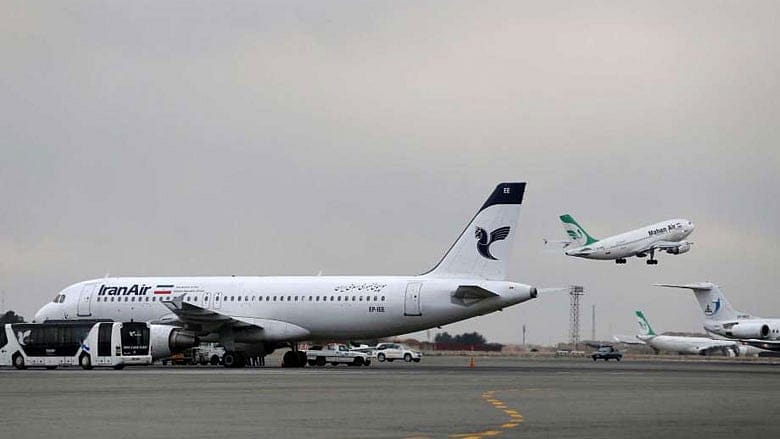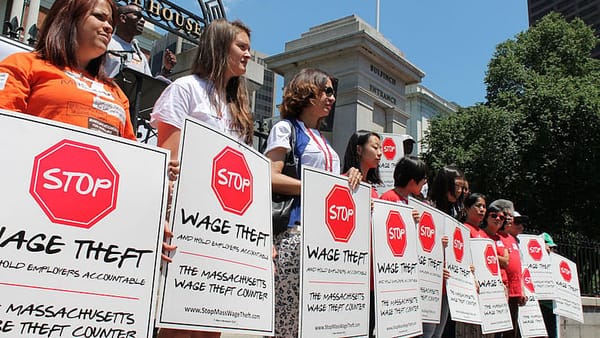State Dep’t: We didn’t strike nuclear deal to help Boeing sell planes to Iran

(CNSNews.com) – The Obama administration did not pursue a nuclear deal with Iran in order to help Boeing conclude a multi-billion deal to sell aircraft to its national carrier, State Department spokesman John Kirby said Thursday.
He made the comment after being asked why the U.S. was allowing Boeing to sell planes to Iran Air without a pledge that it would no longer engage in the type of terror-supporting activities that prompted U.S. sanctions five years ago.

